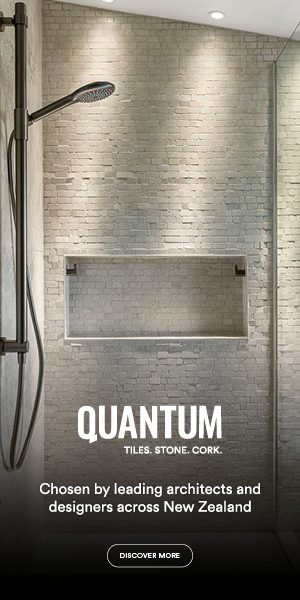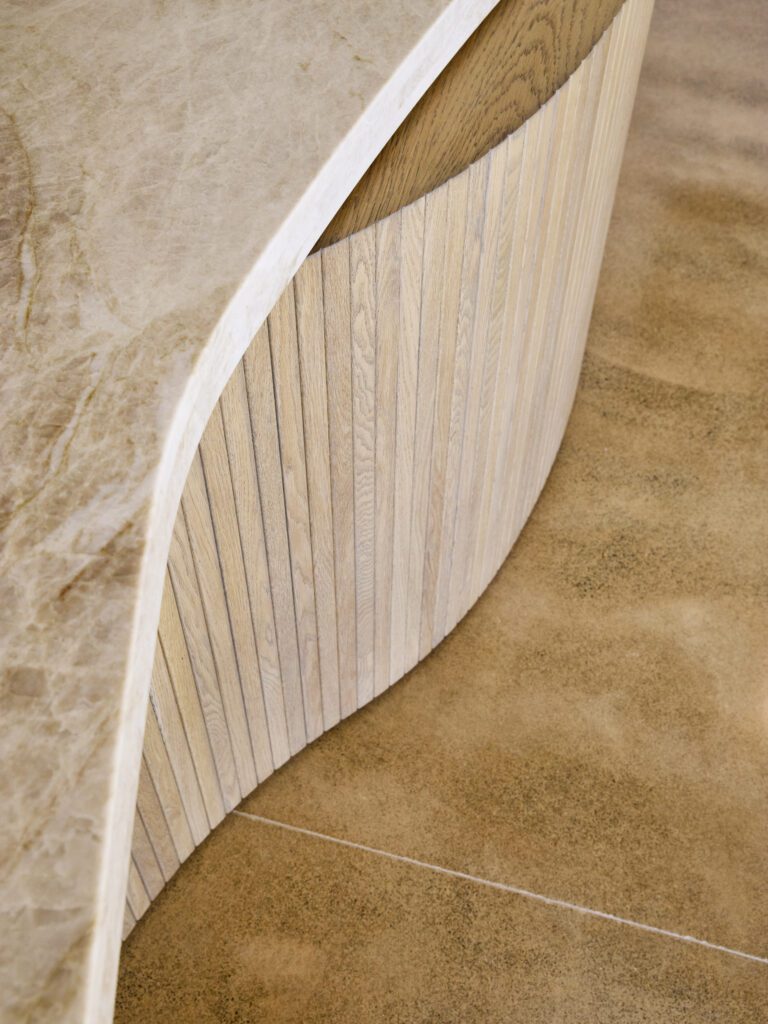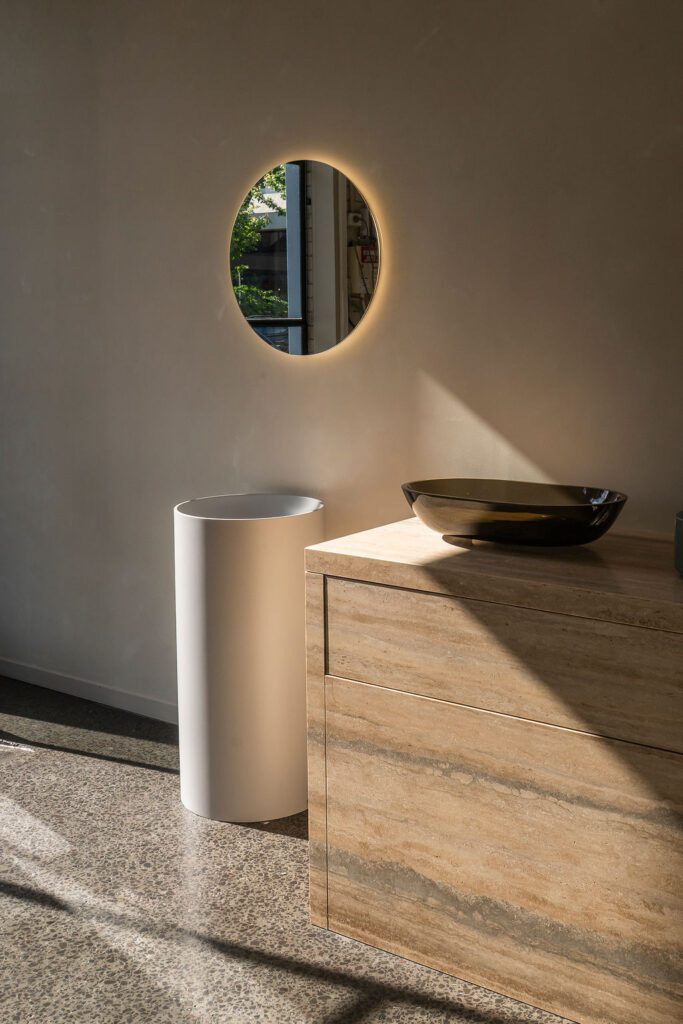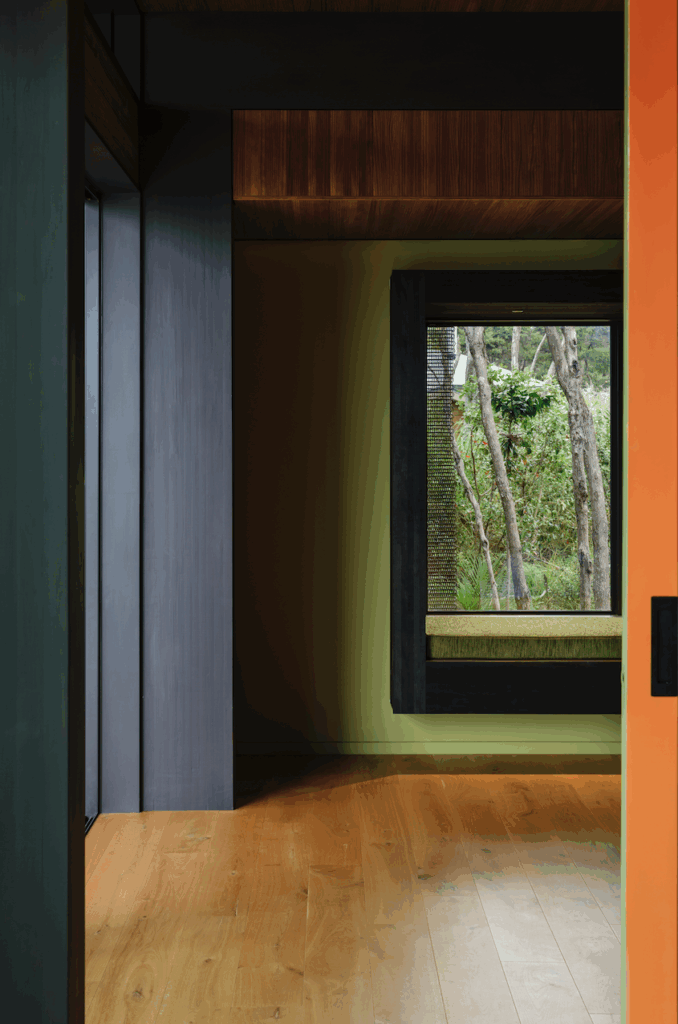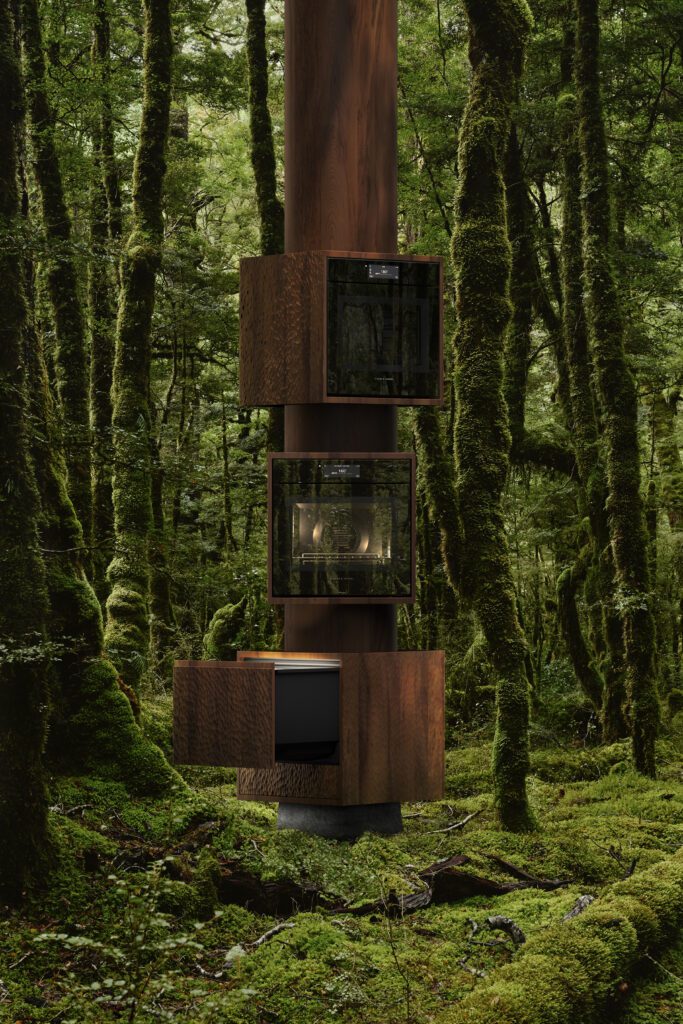HOME’s editor-in-chief, Clare Chapman, sat down with BMW New Zealand managing director Karol Abrasowicz-Madej to talk sustainability, electrification of the BMW fleet, and the future of green vehicle design.
“The moment you start standing still, you become uninspired and left behind.”
Sitting in his Auckland office, Karol Abrasowicz-Madej says these words with a grin. He’s not afraid of change; in fact, you’d be hard-pressed to ignore his enthusiasm and vision for what is arguably one of the biggest changes in the history of car manufacturing.
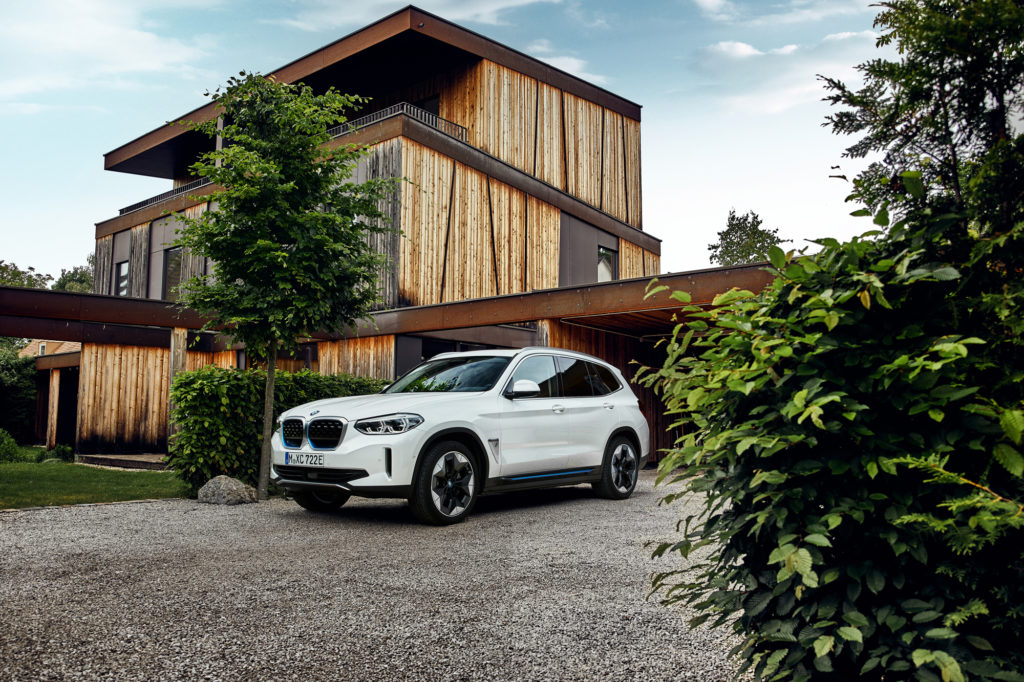
There’s a few notes in front of Karol, but apart from that his desk and office are immaculate. Everything is in order, and that’s just how he likes it. There’s the same feeling of order and efficiency as Karol speaks of BMW’s vision and progress as it works towards lofty goals, the most notable of which is the company’s aim to be the greenest car manufacturer in the world.
The work is already well under way, and the road forwards is as organised in Karol’s description of it as his well-kept workspace. There’s no confusing the priorities: “Sustainability is about three key things: governance, environment, and the community,” he explains.
BMW started to change its outlook a long time ago, and that early vision saw the company release hybrid and fully electric models that were pioneering, and ultimately helped shape the direction of the electrification of the global car industry.
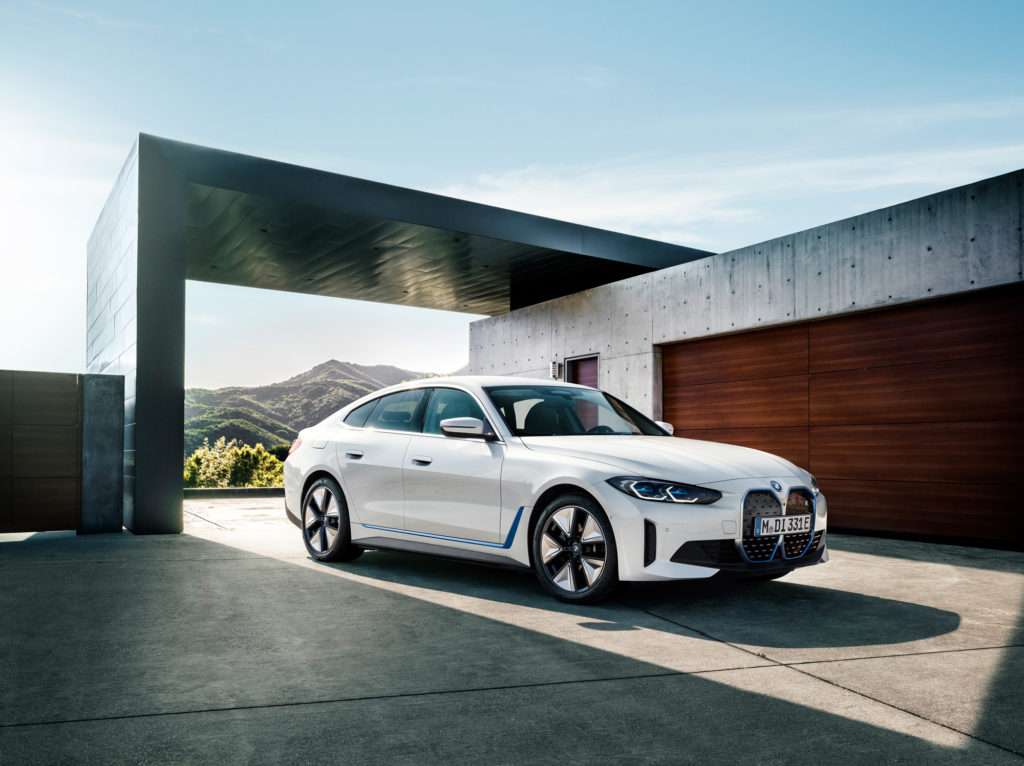
“BMW was one of the first manufacturers to put electric vehicles in production on a global scale, and over time we’ve taken those learnings and continue to refine our offering.”
It’s not just about the output, though; it’s what happens behind the scenes that Karol’s really committed to, and that commitment reaches far and wide. In New Zealand, it’s in the diversity in the workplace, the health and well-being of employees, the strength of connections with like–minded companies, and partnerships with those working towards similar goals.
“We are committed to reducing our carbon footprint, not just by offsetting emissions but by avoiding them altogether, and it is companies on the same path that we aim to work with.” Karol says.
In Germany, where the cars are manufactured, it’s multifaceted. The factory where the components are made is powered exclusively by green energy; for example, electric motors for vehicles are made without using rare Earth materials such as lithium and cobalt; materials are sourced from transparent supply chains, and recycling is a central part of both production and end-of-life for every vehicle.
By the end of 2023, BMW will offer 25 electrified vehicles, half of which will be completely electric.
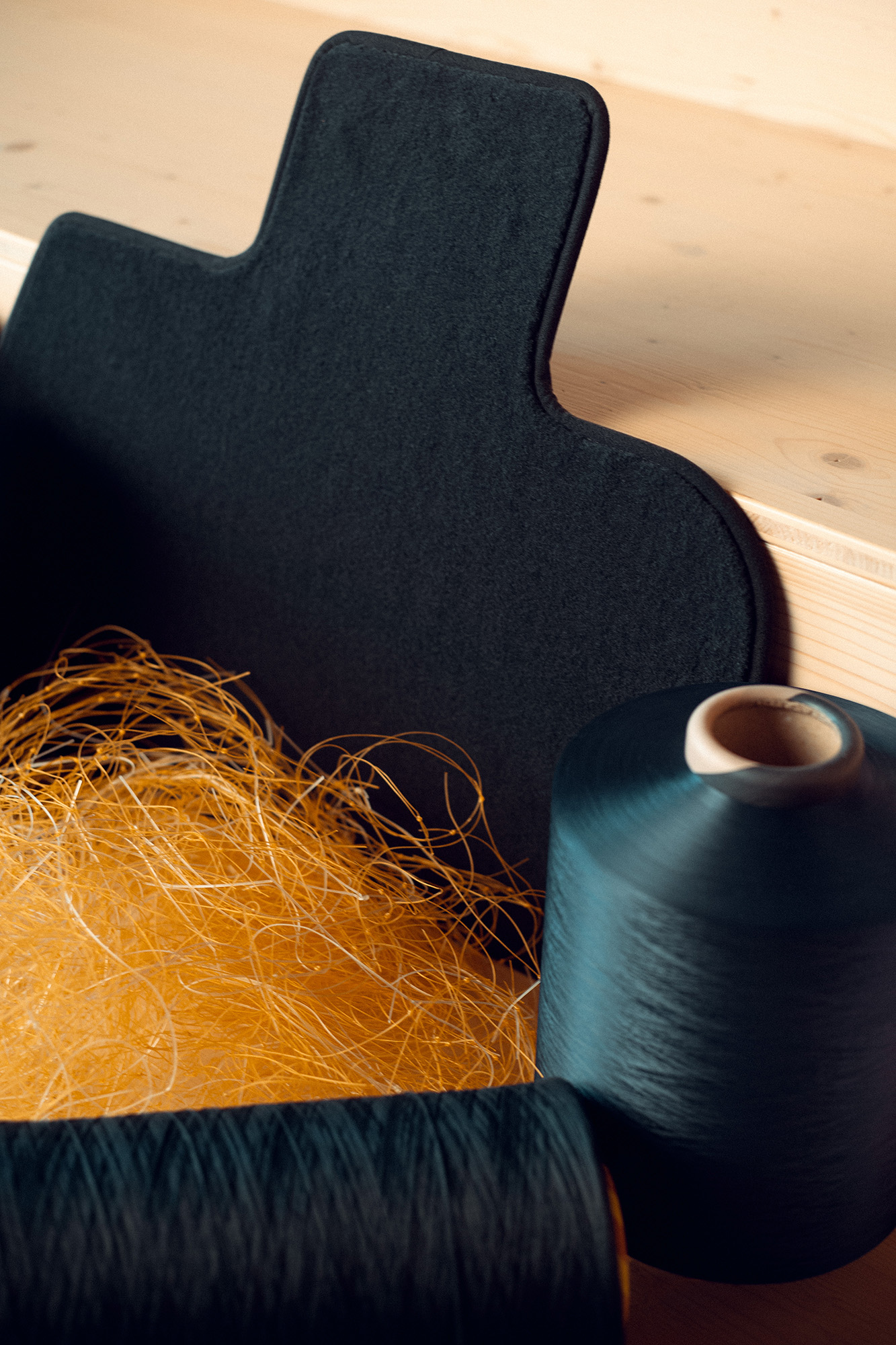
“Globally, by the end of 2025 BMW will deliver two million electric vehicles, and by the end of 2030 half of all vehicles produced will be electrified.”
The impact of that change is complex and significant.
As Karol explains it, “The greenest cars in the world will come out of factories that will reduce CO₂ emissions by 80 per cent. The utilisation of these vehicles will further reduce emissions by 40 per cent, and the recycling initiatives will reduce emissions by 20 per cent.”
Ask Karol whether the public is embracing electrified vehicles, or about the notion of range anxiety, and you’ll see the same grin again: his answer is there before the words are spoken.
“Range anxiety with electrified vehicles is no longer a huge worry. That’s in the past. For example, the iX3 offers around 460kms; the iX goes beyond, up to around 600kms. In an iX, you can charge for 10 minutes and extend the battery’s capacity to a further 100kms — that’s about the same amount of time as it takes to get petrol. With a fast charger, you can expect to charge for 35 minutes to achieve 80 per cent battery. It’s time for a coffee and a few emails.”
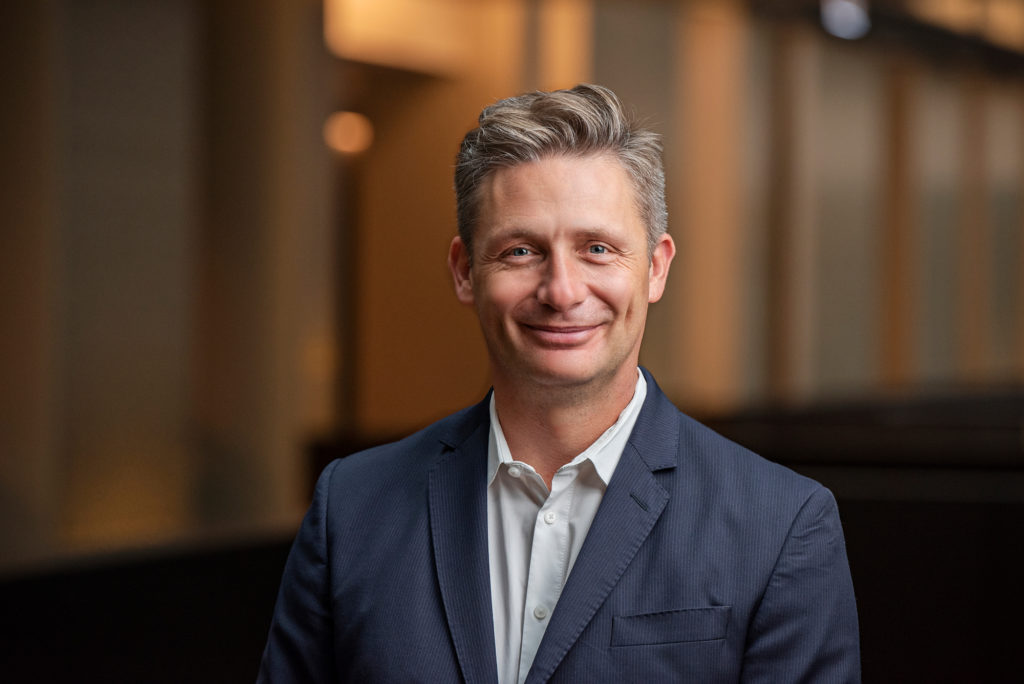
Recently, BMW Group New Zealand took part in a driving tour of New Zealand in a fully electric BMW i3 and MINI Electric using only public charging stations.
Karol states, “The infrastructure is there, and is developing in line with the number of electrified vehicles on the road.”
